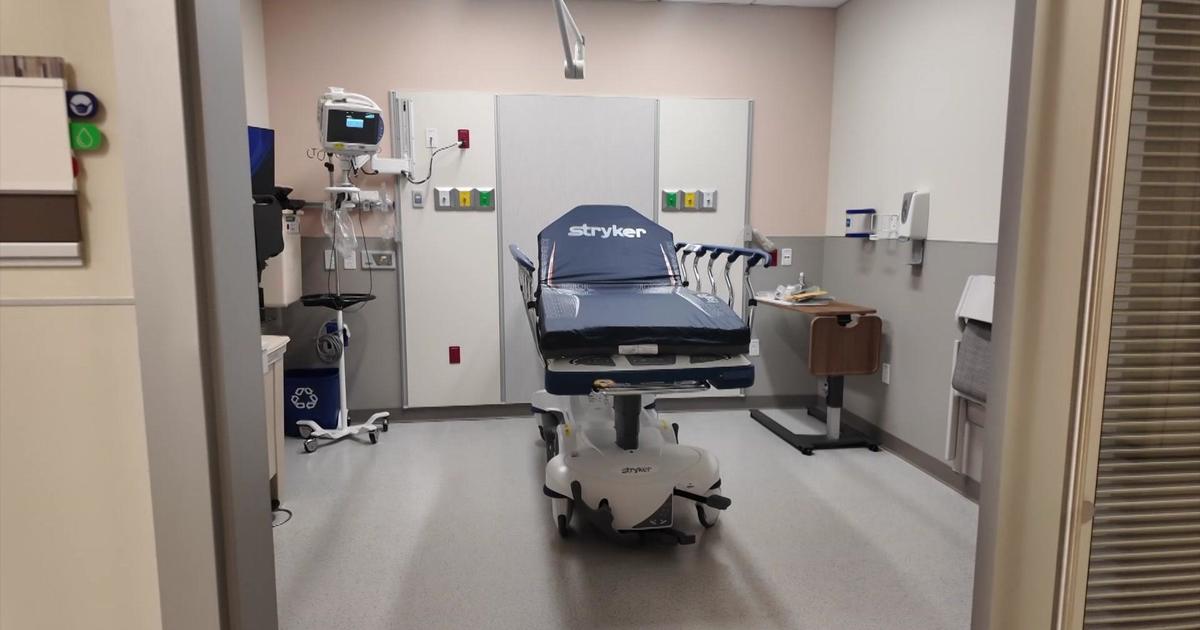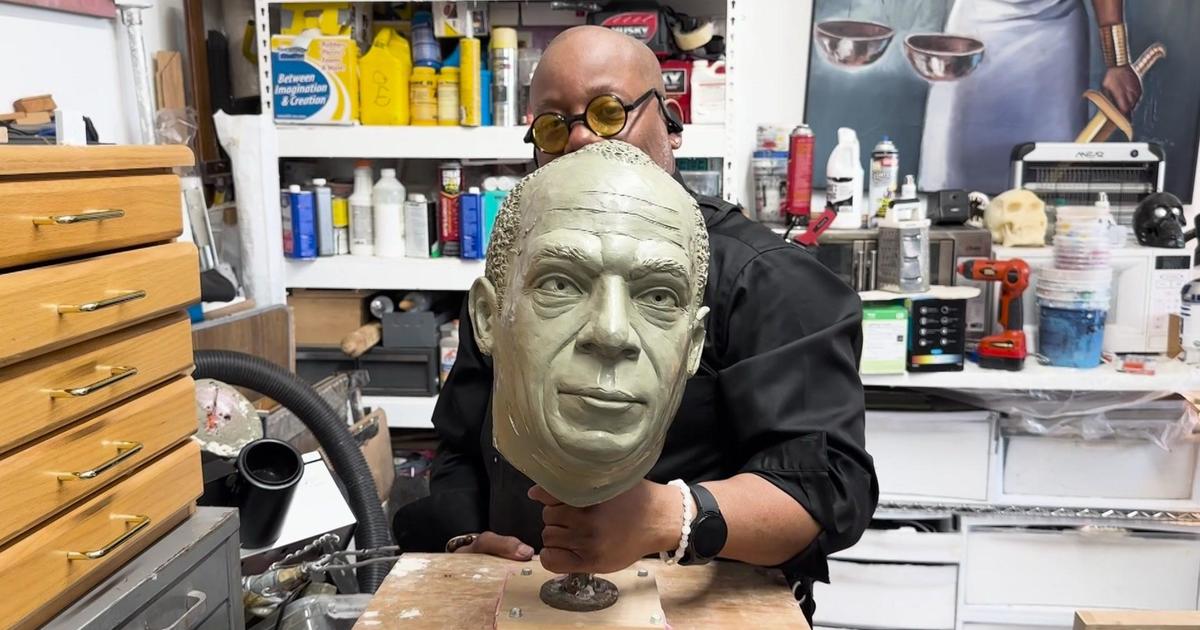Experimental Treatment Could Be The Answer For Some Stroke Victims
NEW YORK (CBSNewYork) -- An experimental treatment could mean new hope for stroke patients.
Doctors are using stem cells to communicate with a patient's immune system.
As CBS2's Jamie Yuccas reported, Kristopher Little woke up three years ago and couldn't move his left side.
"I know it happened between 10 o' clock at night and 4:30 in the morning when my phone alarm went off for work and I couldn't get out bed," he said.
It turns out he suffered a stroke, and by the time he got to the hospital, it was too late for current treatments to work.
Doctors told him about an experimental option at the Cleveland Clinic using stem cells. The treatment called "multistem" involves donor adult stem cells grown in a lab, which are given to the patient intravenously.
"The stem cells are believed to change the immune response of the body to the stroke," said Dr. Ken Uchino, a stroke neurologist at the Cleveland Clinic. "And it will turn down the immune response so there is a better healing environment."
A new study in the journal Lancet Neurology looked at 129 patients. Half received the stem cells, half a placebo. Researchers found those who were given the cells within 36 hours had better recovery at one year, including Little.
"We don't know fully whether this related to the cells, but I can say that he has done well," Uchino said.
Researchers hope with more study this approach could become an option for stroke patients who miss that critical treatment window.
Studies show less than 5 percent of stroke patients receive the current clot-busting drugs that are available.
Little had to learn to walk again.
"I can use my hand and everything, and I can walk without a walker or cane or anything," he said. "I think I've done real good."
The 49-year-old is grateful to be back to normal after his stroke.



